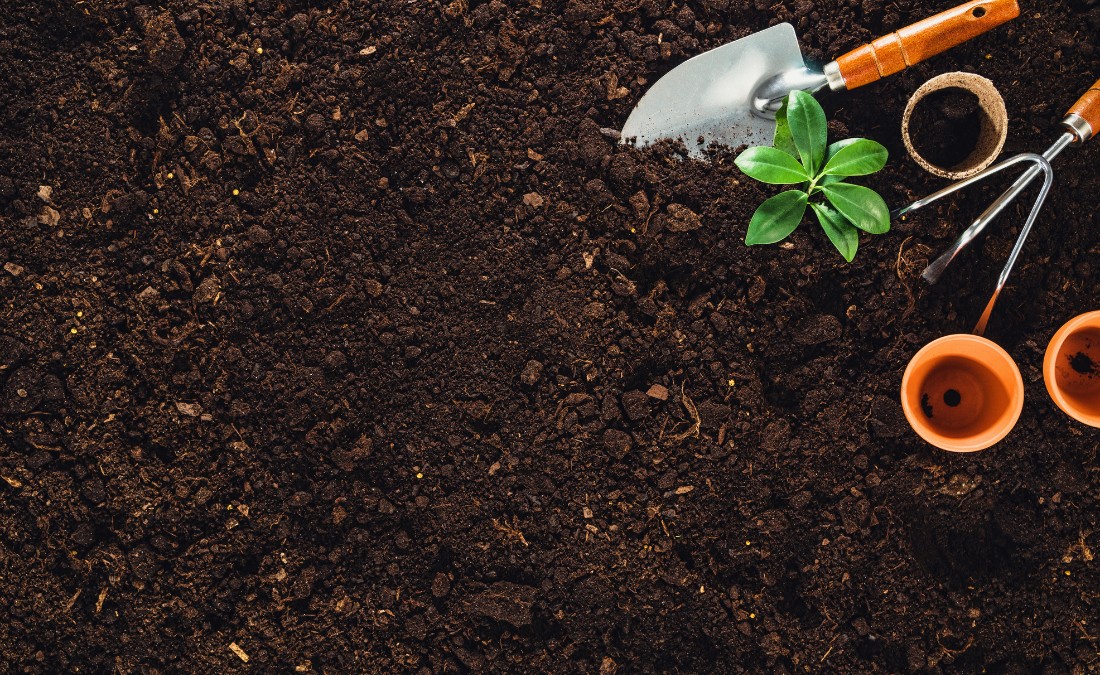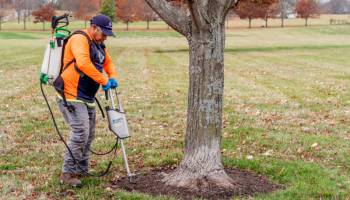How to Pick the Right Fertilizer for Your Tulsa Trees
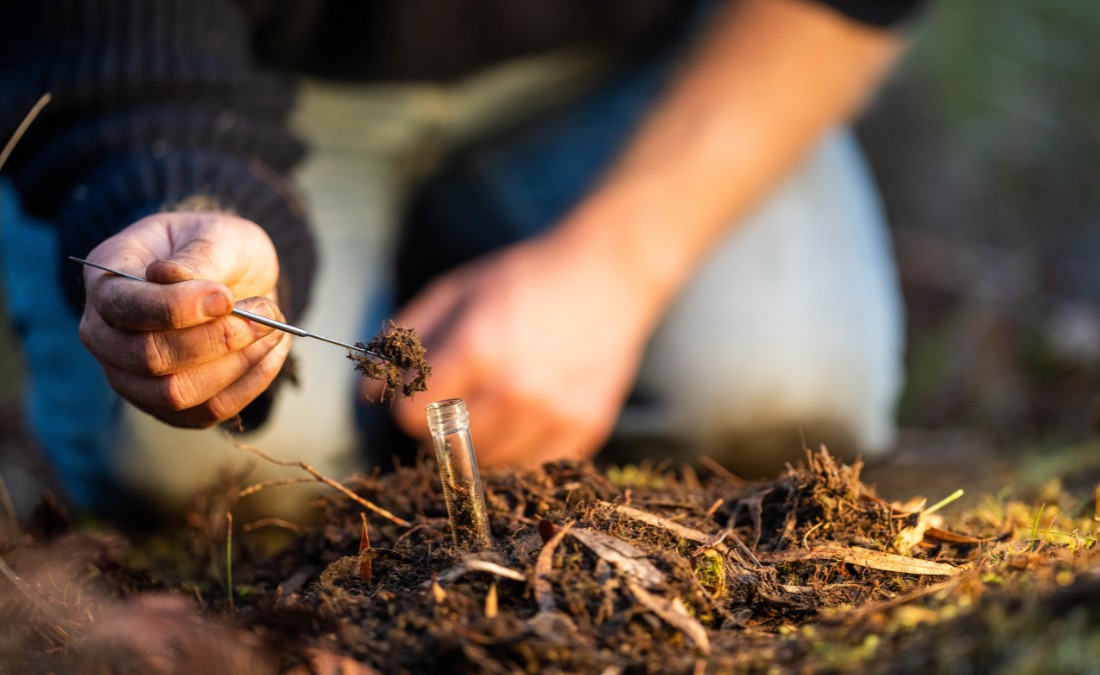
Not all fertilizers are the same. Learn how to choose the right one for your Tulsa trees by targeting specific nutrient deficiencies – not just guessing.
If you’ve ever been to a lawn and garden store and looked at the selection of fertilizers, it can be a bit overwhelming to pick the right one. You may not even know what the label on each one means or what your Tulsa yard requires. To help you make the right choice when picking out fertilizer, we’ll explain the process and how to read the label.
Key Takeaways:
- Start with a professional soil test to determine your soil’s pH and nutrient levels before applying any fertilizer to your trees.
- Choose fertilizers that target specific deficiencies, rather than general products, and pay attention to the N-P-K numbers on the fertilizer labels.
- Avoid high-nitrogen fertilizers, which can harm trees, and opt for slow-release fertilizers that provide a steady supply of nutrients instead.
- If you want to prevent runoff and help with soil compaction, consider hiring a professional to perform deep-root fertilization injections.
- Tulsa homeowners often deal with clay soil, which can be improved not just with fertilizer, but also through aeration, mulch, compost, and organic matter.
Start with a Soil Test to Avoid Wasting Time and Money
Before you even consider buying fertilizer from your local store, you need to test your soil. Soil testing serves many purposes, but in short, it allows you to know exactly what is in your dirt and what you need to add. Without a test, it’s just a guess.
While you can find soil tests for cheap at your local hardware or lawn and garden store, they are often unreliable and won’t give you detailed results. Instead, send your soil to the Oklahoma State University Extension Service for a professional test.
The two key takeaways you’ll want from your soil test are the pH balance and the levels of nutrients.
Soil pH
Most people jump straight to looking at the nutrient levels in their soil when they get a test back. However, just as important is the pH level of your soil, as this will determine whether your soil can provide nutrients to your trees.
Most trees prefer soil that is neutral or slightly acidic, with between 6 and 7 being the sweet spot. Do some research about whatever tree you plan to plant and see what its pH needs are.
Nutrient Levels
Your soil test should also outline the nutrient content of your soil by examining the three primary macronutrients: nitrogen, phosphorus, and potassium. Depending on where you got your soil test, it may provide recommendations for the type of fertilizer to use on your property.
Even without a recommendation, you will still have an idea of what you’ll need to target any deficiencies.
Use the Results of the Soil Test to Determine the Right Fertilizer
Now that you’ve armed yourself with info on your soil, it’s time to pick out the appropriate fertilizer for your trees.
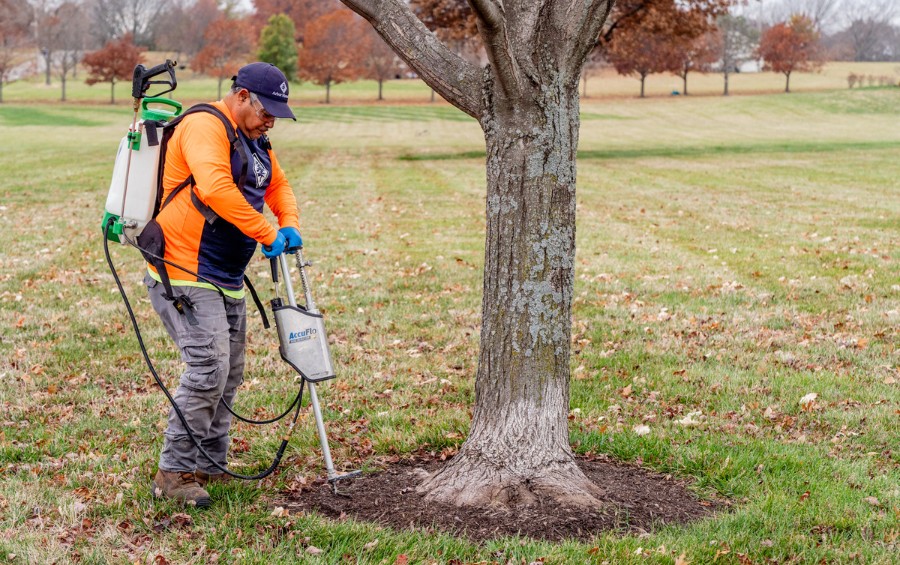
Pick a Fertilizer That Targets a Deficiency, Rather Than a General Product
Using a general fertilizer can lead to over-fertilizing your soil, which can cause root problems for trees or even kill them.
“We see it a lot with homeowners realizing there’s something wrong with their trees and assuming they need fertilization. So, they buy the first bag they find, spread it, and then end up killing or stressing their trees. You’ve got to understand the label and the needs of your trees before you apply anything.” – Scott Shipman, Plant Health Care Tech at Arbor Masters
On the label of plant fertilizer, you will see three numbers. These numbers, in order, represent the percentage of nitrogen (N), phosphorus (P), and potassium (K) in the bag. For instance, a bag labeled 16-4-8 would contain 16 percent nitrogen, 4 percent phosphorus, and 8 percent potassium, with the remaining weight of the bag made up of inert material. This provides a ratio of 8:1:2 for your trees.
Most soil tests will provide a recommendation of what ratio of nutrients to use for your trees.
Avoid High-Nitrogen Fertilizer
Nitrogen is the primary nutrient that affects tree growth. When trees have the right amount of nitrogen, they can expand their canopy and roots. However, too much nitrogen can harm your trees.
Some of the symptoms of excessive nitrogen include:
- Brown or dark green foliage at the tips
- Wilting leaves
- Reduced fruit production in fruit trees
Always follow the soil test and a professional’s recommendations to avoid adding too much nitrogen to the soil.
Look for Slow-Release Fertilizers
When choosing a fertilizer for your Tulsa trees, look for one that provides a slow release of nitrogen. Quick-release fertilizers give an instant boost of nutrients to the soil, but this is sometimes too much for a tree.
Think of it like coffee. If you drink an entire pot in one sitting, you will likely feel jittery from the experience. However, if you have a few cups spaced out throughout the day, you will feel more awake without the jitters. The same applies to the difference between slow-release and quick-release fertilizers.
Slow-release fertilizers have a coating that controls the rate at which they break down into a form that plants can use. This process allows your tree to get a steady supply of nitrogen throughout the year rather than all at once.
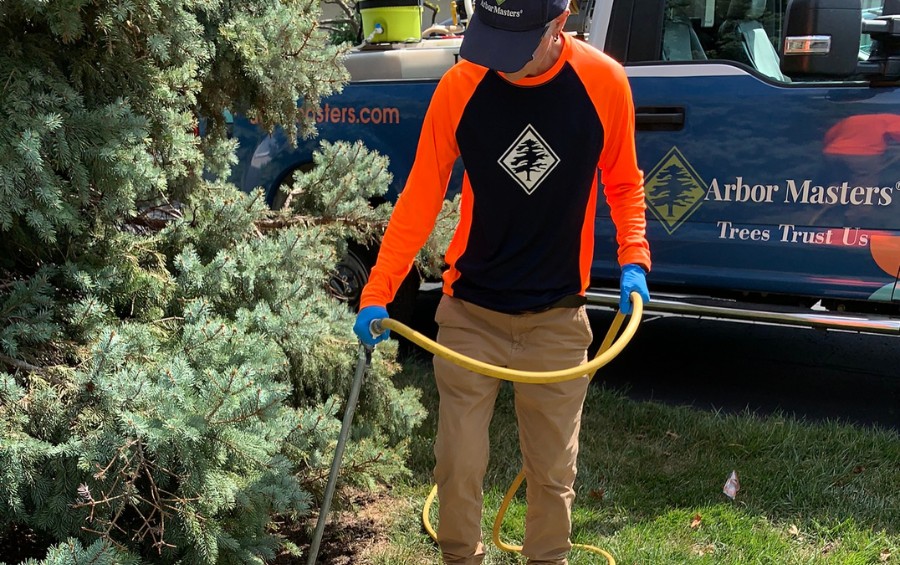
Consider a Professional for Deep Root Fertilization
In Tulsa’s heavy clay soil, surface fertilization often isn’t enough. That’s why many professionals use deep root injections – a method that delivers nutrients directly to where your tree needs them most. Compared to simply spreading fertilizer on the ground, injections offer several key benefits:
- Improve soil aeration during the process
- Reduce runoff and wasted fertilizer
- Deliver nutrients directly to the root zone for better absorption
If you’re worried about over-fertilization or buying the wrong kind of fertilizer, consider leaving the job to a professional team.
Frequently Asked Questions About Fertilizing Trees
Fertilization is a complicated subject, and homeowners often ask us how to choose the right product. To help you understand the importance of fertilizer, we’ve answered some common questions homeowners have.
What kind of soil does Tulsa have?
Many Tulsa homeowners will have to contend with clay soil when trying to grow trees. Clay holds on to nutrients well, but it is prone to compaction that leaves a tree unable to expand its roots in search of more water and nutrients. The four types of soil in the Tulsa area are:
Do all yards need fertilization?
No, not all yards need fertilization. Your soil may already have enough nutrients to support the trees on the property. Have a professional conduct a soil test before adding anything to it.
Are there methods other than fertilizer to improve my soil?
Fertilizer is just one part of creating healthy soil that can support your trees. Some other ways to support your soil include:
- Aerating the soil to reduce compaction and allow roots to spread
- Adding organic matter, like decaying roots, to the soil
- Placing organic mulch around a tree that will naturally decompose
- Implementing compost to increase soil nutrients
Arbor Masters Can Help You Fertilize Your Property the Right Way
Taking care of your soil is one of the easiest ways to keep your trees healthy and thriving. Fertilization gives your trees a quick boost to help them grow and expand during the growing season. While we have hopefully educated you on how to pick the right fertilizer, if you want to ensure your trees get proper fertilization, the team at Arbor Masters can help.
We have experience working with the trees in Tulsa and know how to get them the nutrients they need. We’ll handle picking out the correct type of fertilizer and determine when the best time to add it will be. Call us today at 405-495-8746 or request a quote online for fertilization services.

Get the latest local news, tree care tips, special offers, and company updates directly to your inbox! It's easy to subscribe and there's no spam - we promise.
"*" indicates required fields

